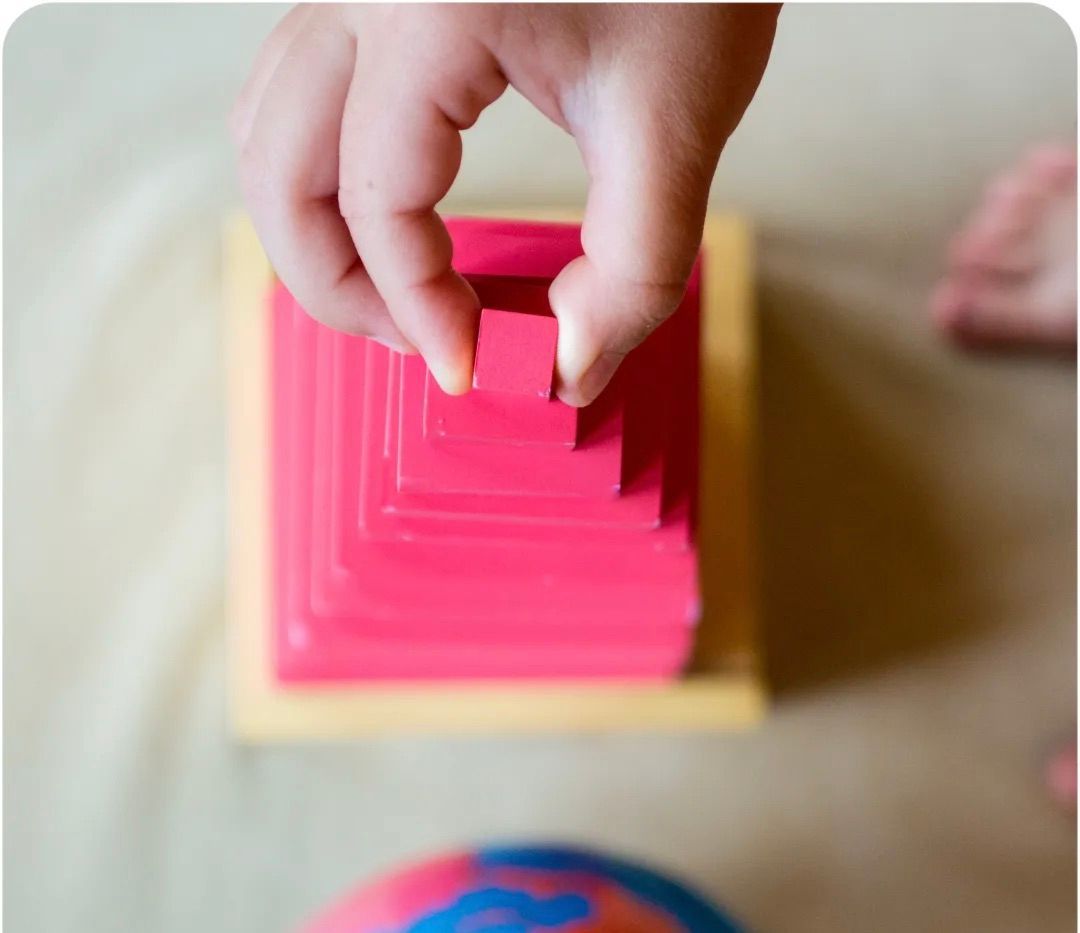
What are the basics principles of Montessori education?
As the school year gets into swing, we thought it would be helpful to review some key elements of Montessori education and how what we do supports children’s development.
The Montessori method focuses on children’s important process of constructing themselves into the amazing humans they are becoming. Respect for this process of self-construction, along with a prepared environment that supports the development of self-discipline and freedom within limits, forms an entire system wherein children develop independence, creativity, character, awareness of their own learning style, and skills for self-advocacy.
The Prepared Environment
Dr. Maria Montessori pioneered this understanding of the effect of the environment on human development. In Montessori prepared environments, children benefit from carefully designed spaces that meet their developmental needs at each stage of their lives. The materials in the classrooms offer young people keys to their development. In addition to the beautiful physical environments in Montessori, the prepared environment includes a community of children and trained adults.
Individualized Instruction
We focus on the fact that learning starts with the child. Montessori guides observe children’s interests and abilities and use those observations to create an environment in which children can really flourish. This requires a comprehensive knowledge of child development, keen observation skills, and awareness of how to adjust according to where individual children are in their process of learning and growth.
The Montessori Guide
The Montessori guide needs comprehensive training and a new way of thinking to focus on individualized instruction. An integral part of the Montessori approach is that the guide must respect each child’s process of self-construction and provide opportunities to help children develop their potential. An extended relationship over time in a multi-age classroom enhances the guide’s ability to be effective in this role.
Multi-Age Groupings
While every child works at their own level, younger children learn through the observation of older children and older children reinforce their own learning by helping younger children. Older children also have opportunities to develop leadership skills while serving as role models. Our communities emphasize and encourage cooperation and social responsibility. As children develop social and academic relationships with others of various ages, a strong community develops. The multi-age group allows for natural socialization far beyond what is found in homogenous age grouping.
The Toddler Classroom
Our youngest children are working toward a number of goals of self-sufficiency. In order to learn to make sense of the world toddlers need permission to explore, clear and logical limits, natural and logical consequences, positive role modeling, opportunities to make choices, and consistent procedures and ground rules. During this critical developmental time, children are able to extend their concentration through independent choices, purposeful activities, opportunities for repetition, and time for completion. They also benefit from exposure to grace and courtesy, group experiences, and positive attitudes toward new things. The learning materials in the toddler classroom include extensive language exposure, practical life activities, sensorial exploration, and gross and fine motor development.
The Children’s House Classroom
Designed for children two years nine months to six years old, our Children's House program nurtures children’s individual development while offering them an experiential understanding of the value of interdependence. The classroom community also provides a carefully curated array of choices for individual activities that aid children’s work of self-construction.
The Montessori guide helps children develop their ability to choose freely, sustain focused and concentrated attention, think clearly and constructively, resolve conflicts peacefully, and express themselves through language and the arts. Through the active development of their will and the satisfaction of their authentic needs, children develop self-discipline and become connected in a socially cohesive way.
Areas of activity at the Children’s House level include practical life, sensorial organization, language, mathematics, and cultural subjects. The extensive sets of Montessori materials in each of these areas are designed to appeal to children's deep interest and inspire repeated activity. Because children of this age absorb so much effortlessly, they can take in vast amounts of information and grasp sophisticated relationships and principles wholly and effortlessly.
A Strong Foundation
Our mission is to prepare children for life. All children are naturally curious and love to learn. We support this innate drive by providing environments that meet children’s developmental needs, creating a staff of loving and well-prepared adults, and building a community of families that actively support this mission. We celebrate each child’s individuality and help them discover how they can best contribute to our world and culture. This unique model offers children an incredible gift of independent thinking, self-assurance, inner discipline, and a love of learning.
Interested in observing a Montessori classroom and learning more? Schedule a tour today


